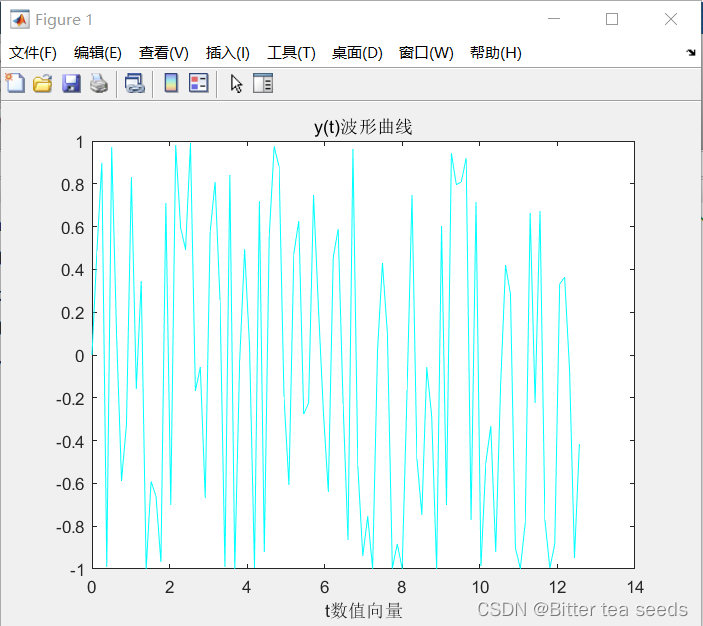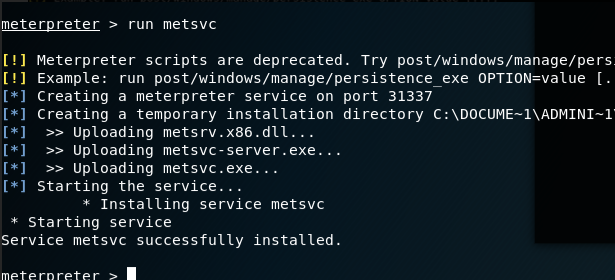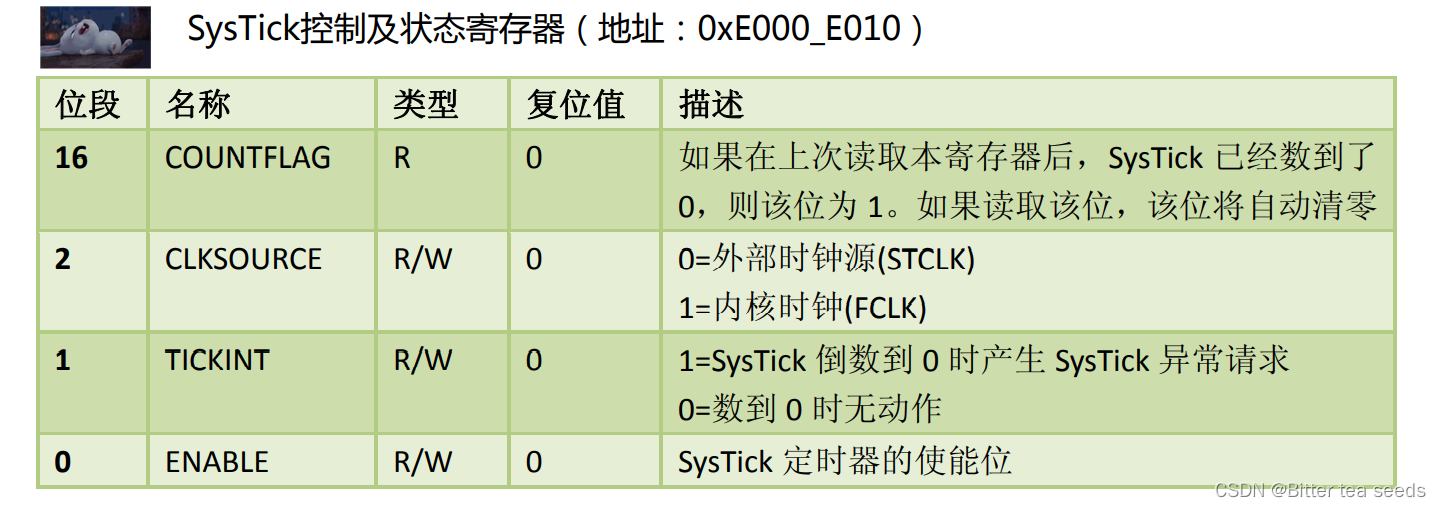当前位置:网站首页>[exercise -11] 4 values why sum is 0 (and 4 values of 0)
[exercise -11] 4 values why sum is 0 (and 4 values of 0)
2022-07-06 15:57:00 【Flame car】
Description
The SUM problem can be formulated as follows: given four lists A,B,C,D of integer values, compute how many quadruplet (a,b,c,d)∈A×B×C×D are such that a+b+c+d=0. In the following, we assume that all lists have the same size n.
Input
The input begins with a single positive integer on a line by itself indicating the number of the cases following, each of them as described below. This line is followed by a blank line, and there is also a blank line between two consecutive inputs.
The first line of the input file contains the size of the lists n (this value can be as large as 4000). We then have n lines containing four integer values (with absolute value as large as 228) that belong respectively to A,B,C and D.
Output
For each test case, your program has to write the number quadruplets whose sum is zero.
The outputs of two consecutive cases will be separated by a blank line.
Samples
Input
1
6
-45 22 42 -16
-41 -27 56 30
-36 53 -37 77
-36 30 -75 -46
26 -38 -10 62
-32 -54 -6 45
Output
5
Hint
Sample Explanation: Indeed, the sum of the five following quadruplets is zero: (-45, -27, 42, 30), (26, 30, -10, -46), (-32, 22, 56, -46), (-32, 30, -75, 77), (-32, -54, 56, 30).
The question :
Enter one per line a,b,c,d, Ask the input a[n],b[n],c[n],d[n] How many combinations can make a+b+c+d=0 establish .
The question is very simple .
First of all, we can definitely think of the enumeration of violence , four layers for loop , But it will obviously time out (4000^4).
This time , You can think of divide and conquer ( Turn the big problem into several small problems ). I can put a+b recorded , Then see if there is -c-d(a+b+c+d=0 ==> a+b = -c-d).
AC Code :
#include<bits/stdc++.h>
using namespace std;
#define CLEAR(a) memset(a,0,sizeof a)
#define Clear(a) memset(a,-1,sizeof a)
typedef long long ll;
const int N = 1e5+5;
const ll mod = 1e9+7;
ll a[4005],b[4005],c[4005],d[4005];
ll tmp[16000005];
int main()
{
int n,t;
ll res;
cin>>t;
while(t--)
{
while (~scanf("%d",&n))
{
res = 0;
for (int i = 0; i < n; i++)
scanf ("%lld%lld%lld%lld", &a[i], &b[i], &c[i], &d[i]);
int cnt = 0;
for (int i = 0; i < n; i++)
for (int j = 0; j < n; j++)
tmp[cnt++] = c[i] + d[j];
sort(tmp, tmp + cnt);
for (int i = 0; i < n; i++)
for (int j = 0; j < n; j++)
{
ll sum =-a[i]-b[j];
res += upper_bound(tmp,tmp+cnt,sum) - lower_bound(tmp,tmp+cnt,sum);
}
printf ("%lld\n\n",res);
}
}
return 0;
}
use scanf To prevent timeout ..
The most important thing here is to understand :
res += upper_bound(tmp,tmp+cnt,sum) - lower_bound(tmp,tmp+cnt,sum);
upper_bound Yes, return greater than ,lower_bound Is to return greater than or equal to . If this time is not equal to , Then it must be 0,(lower = upper = The first one is greater than sum Number of numbers ). But if there is equal to sum The number of will return its number .
You can use this to find The number of a certain number .
边栏推荐
- Perinatal Software Industry Research Report - market status analysis and development prospect forecast
- Shell脚本编程
- Matlab comprehensive exercise: application in signal and system
- 1010 things that college students majoring in it must do before graduation
- Opencv learning log 16 paperclip count
- 7-1 懂的都懂 (20 分)
- 【练习-1】(Uva 673) Parentheses Balance/平衡的括号 (栈stack)
- Research Report of peripheral venous catheter (pivc) industry - market status analysis and development prospect prediction
- Cost accounting [22]
- VS2019初步使用
猜你喜欢

数据在内存中的存储&载入内存,让程序运行起来

入门C语言基础问答

VS2019初步使用

渗透测试 ( 4 ) --- Meterpreter 命令详解

Matlab comprehensive exercise: application in signal and system

渗透测试 ( 3 ) --- Metasploit Framework ( MSF )

Nodejs+vue online fresh flower shop sales information system express+mysql

Web based photo digital printing website
![[exercise-7] crossover answers](/img/66/3dcba2e70a4cd899fbd78ce4d5bea2.png)
[exercise-7] crossover answers

Learning record: understand systick system timer and write delay function
随机推荐
Learning record: use STM32 external input interrupt
[analysis of teacher Gao's software needs] collection of exercises and answers for level 20 cloud class
0-1背包問題(一)
Flink 使用之 CEP
Penetration test (8) -- official document of burp Suite Pro
基于web的照片数码冲印网站
mysql导入数据库报错 [Err] 1273 – Unknown collation: ‘utf8mb4_0900_ai_ci’
Opencv learning log 12 binarization of Otsu method
MySQL import database error [err] 1273 - unknown collation: 'utf8mb4_ 0900_ ai_ ci’
Alice and Bob (2021牛客暑期多校训练营1)
力扣刷题记录
Printing quality inspection and verification system Industry Research Report - market status analysis and development prospect forecast
China earth moving machinery market trend report, technical dynamic innovation and market forecast
信息安全-威胁检测引擎-常见规则引擎底座性能比较
Opencv learning log 31 -- background difference
China chart recorder market trend report, technology dynamic innovation and market forecast
Information security - threat detection engine - common rule engine base performance comparison
想应聘程序员,您的简历就该这样写【精华总结】
C 基本语法
Opencv learning log 16 paperclip count